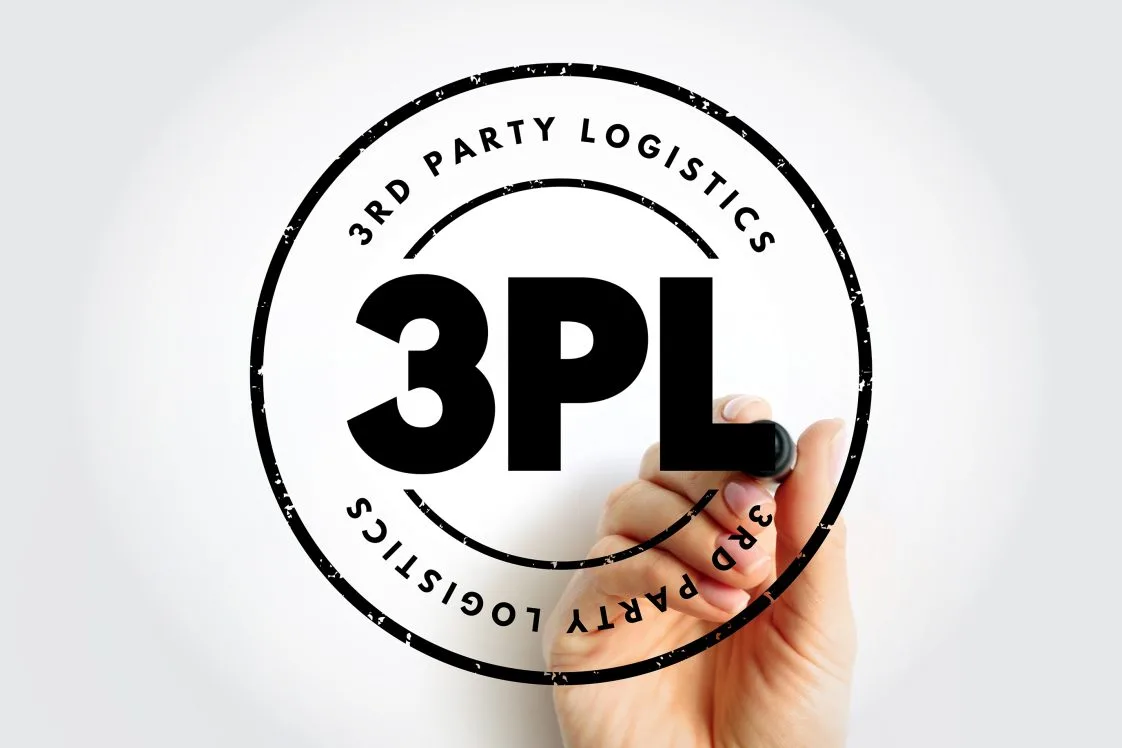6 Things a Great 3PL Partner Will Do for eCommerce Retailers

By Patrick Allard, EVP, Chief Sales Officer, Radial
It takes a complex ecosystem to succeed in eCommerce. Everyone in the supply chain has a critical role to deliver on consumer expectations. Order fulfillment and transportation management are both table stakes — yet every eCommerce retailer needs to determine whether to build and maintain those functions in-house, or outsource them to a third party logistics provider (3PL).
What makes a successful eCommerce business? Great products, a streamlined online shopping experience, reliable suppliers, orchestrated order fulfillment, dependable shipping carriers, a functioning returns process, payment and fraud solutions, and accessible customer care. Integrated cloud-based technology that gives real-time visibility into the complete supply chain. Good marketing, management, and coordination. All necessary. However, the one thing that underlies all of these factors is relationships.
No matter how automated parts of the ecosystem are, your business relies on relationships with vendors and providers, and the people that run them. Understanding what makes a healthy relationship with your 3PL can go a long way to building a resilient, thriving eCommerce business.
We’re going to assume that the 3PL’s experience, tenure in the industry, reputation, proven performance, scalability, infrastructure, technology, and clientele are all factors that have been weighed carefully. Let’s look at factors that can significantly impact a 3PL relationship:
- Partnership Mindset. There’s a difference between 3PLs that take a vendor (and thus transactional approach) and those that have a partnership mindset. Partnership implies mutual support and vested interest in each other’s success — which lays the foundation for a symbiotic relationship that can get stronger and more beneficial over time.
- Prioritizes Continual Communication. It cannot be overstated how important communication and setting expectations are to the success of the partnership. Communication between both sides needs to be grounded in mutually understood expectations. This is not a one-time conversation; but one that is revisited and clearly communicated to everyone it impacts on a regular basis. A 3PL needs to know what the brand experience should be and how they can support delivering on it. The retailer’s marketing, forecasting, and sales need to communicate with the 3PL so they know what to expect and how scalable they will need to be.
- Improves Your Forecasting. Most retailers struggle with forecasting, especially at peak, and this can drive major challenges between a 3PL and the retailer. Lack of communication and headlights into decisions the retailer is taking to drive sales and promotions can quickly develop into operational challenges. Operational challenges will quickly become consumer experience issues and cost challenges for all parties.
A great 3PL partner will support the retailer in their forecasting by introducing by 1) Aligning the 3PL client engagement team with the marketing and ecommerce leader during the pre-peak planning process; 2) Introducing AI and machine learning to the forecasting process. Both of these tactics will support the retailer in improving forecasting and communication, so the 3PL can better plan labor for staffing, secure carrier transportation, and be set up for success to deliver on the retailer’s customer promise through holiday peak season.
- Seeks to Add Value. A worthy 3PL partner will go beyond SLAs to add value to the retailer’s business. They will seek to understand the current state of operations in the customer’s current 3PL and in their own facility to find ways to improve efficiency and customer experience. If the retailer is having issues keeping up with order volume through peak, the 3PL could add value by introducing automation and robotics. Another example would be in transportation management.
Many retailers are contracted with one shipping carrier, but this can limit the retailer’s ability to deliver on CX. A 3PL can bring additional value by having a more sophisticated transportation management solution that leverages multi-carriers, speed, and cost to help the retailer grow sales and improve CX from click to delivery.
- Uses Technology to Support People. Automation and artificial intelligence are changing the retail industry and how 3PLs operate. Some are jumping on the robotics movement without understanding its impact on people. A solid 3PL partner will leverage new technology to help their employees upskill and move into more valuable roles. For example, letting robotics lift and manage repetitive work and remove that work off people. 3PLs employing this strategy will be able to use their valuable human resources to create more value in the final packout, where they can personalize it.
A 3PL should also implement and leverage advanced technology that can integrate with the retailer’s and supply chain’s systems. Data needs to flow seamlessly everywhere it’s needed to achieve a positive consumer experience. If the retailer’s technology is not capable of integrating with the 3PLs, a good 3PL partner will have technology solutions that can bridge that gap. Additionally, a 3PL will be consistently working to scale their technology and stress test it to ensure they can scale during peak demands. - Expands Your Market Reach. In addition to being able to scale to meet peak demands, a great 3PL partner will help the retailer expand their capabilities to reach more customers or serve new markets. Most 3PL providers specialize in direct to consumer (DTC) order fulfillment. Relatively few, (Radial does) can manage both business to business (B2B) and DTC. Many retailers need B2B order fulfillment and finding a partner that can offer both can help them move into more market segments. There is value in partnering with a 3PL that has the solutions and experience to reach emerging markets and replicate the same consumer experience across the globe.
Retailers should look for a 3PL with a proven track record of partnership, that has a broad network of customers to draw learnings and data from to help every retail customer improve best practices, and that delivers comprehensive solutions that simplify, support, and deliver the brand experience the retailer envisions for consumers. Radial serves more than 200 eCommerce retailers with a strong infrastructure, multi-carrier transportation network, omnichannel technology, fulfillment, customer care, and payment and fraud solutions.
Please note: Radial no longer offers a Customer Care solution as of September 15, 2024.

Patrick Allard Executive Vice President and Chief Sales Officer
As Executive Vice President and Chief Sales Officer, Patrick Allard is responsible for the company’s new business development.
Partner with us.
